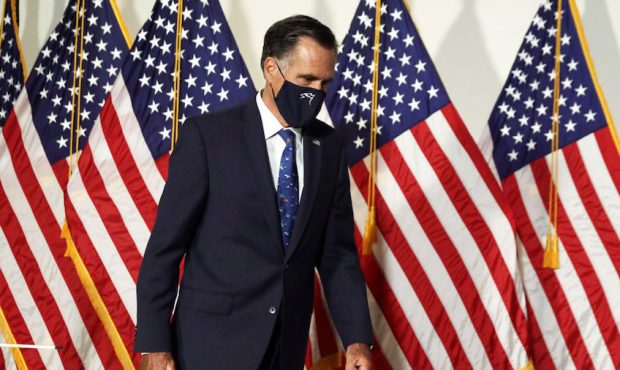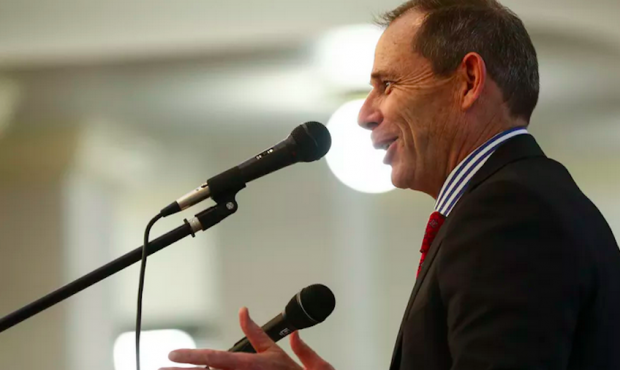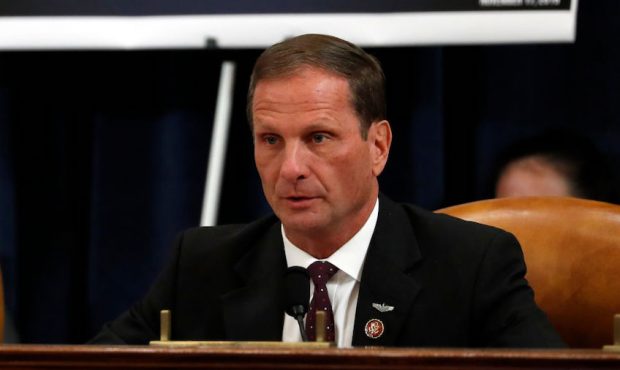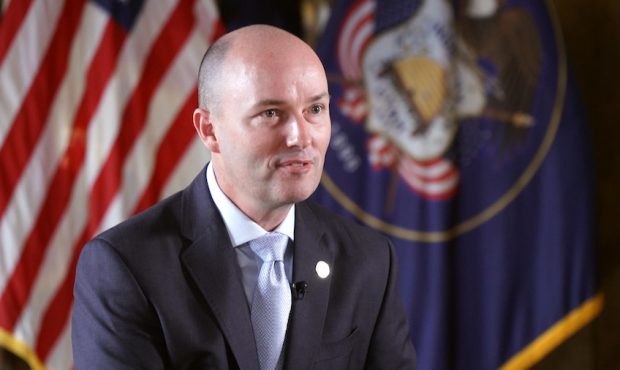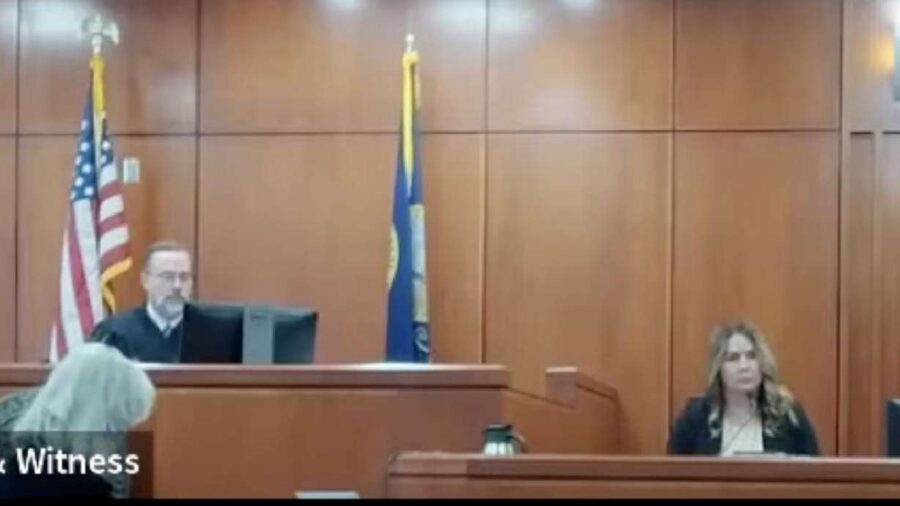Electoral College Vote Count To Face Unprecedented Opposition
Jan 5, 2021, 11:34 PM
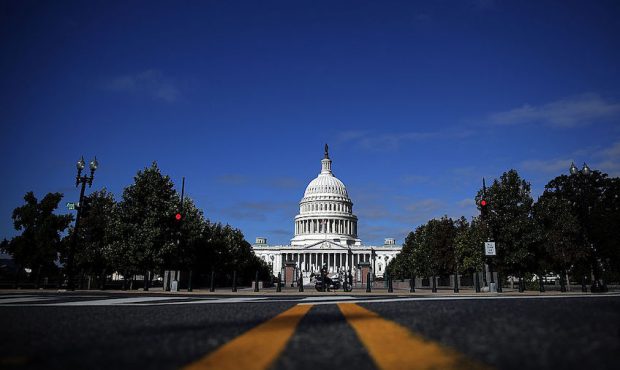
FILE: United States Capitol building (Photo by Win McNamee/Getty Images)
(Photo by Win McNamee/Getty Images)
SALT LAKE CITY, Utah – The electoral vote count at the U.S. Capitol on Jan. 6 was expected to face unprecedented opposition Tuesday from several republican lawmakers, including two representatives from Utah.
States have already certified their results and the Electoral College announced Joe Biden the winner last month. But on Wednesday, Vice President Mike Pence will join both chambers of Congress for a final count of the votes as laid out in the 12th amendment.
It’s an event that happens every four years but goes largely unnoticed.
“Normally it’s ceremonial. Normally it’s mostly a formality,” said Jason Perry, director of the Hinckley Institute of Politics. “We have not seen the process interrupted in what we may see [Wednesday]. That’s the reality of it.”
For lawmakers to object a state’s results requires a signature from a member of the U.S. House and a member of the Senate. The last time that happened was in 2005 when a representative from Ohio objected the count in her own state and got support from a Democratic senator from California.
Congress followed the prescribed process and the count stopped. The Senate and House separated to debate for up to two hours. They voted to accept the Ohio count and President George W. Bush’s re-election. If another state’s results had been objected, that process would have been repeated.
“Even in the instances in which we have had objections at this stage, they’ve gone largely unnoticed by the American people, and certainly haven’t been galvanized and supported by and indeed, advocated for by the candidate who didn’t prevail in the electoral college,” said RonNell Andersen Jones, a law professor at the University of Utah.
This time around already looks different. Several Republican lawmakers — including Reps. Chris Stewart and Burgess Owens — have said they will challenge states’ results. And President Donald Trump stands behind the effort.
“Something that has been largely symbolic in the past now becomes quite consequential – both for now and for the future,” Andersen Jones said. “We’ve not ever had a situation in which there have been what appear to be this large number of states, that will face objection, 15, and we’ve never had a situation where on top of that, we’ve had what appear to be this larger number of members of the House, and particularly this large number of members of the Senate, who are participating in that objection.”
For a state’s vote to be dismissed, majorities in both the House and Senate must support the objection. But that hasn’t happened since the Electoral Count Act was passed more than 130 years ago. And it’s not expected to change this year. Democrats control the house and many Republicans in both houses also oppose challenging the results.
“If it turns out that it’s just objections without substance, people are going to be quite upset about that,” Perry said.
“One side will say you have got to let this play out because the law allows for it. But there is a large number of people … that believe that what’s happening right now is not what the constitution envisioned. Without evidence, it’s really just politics.”

